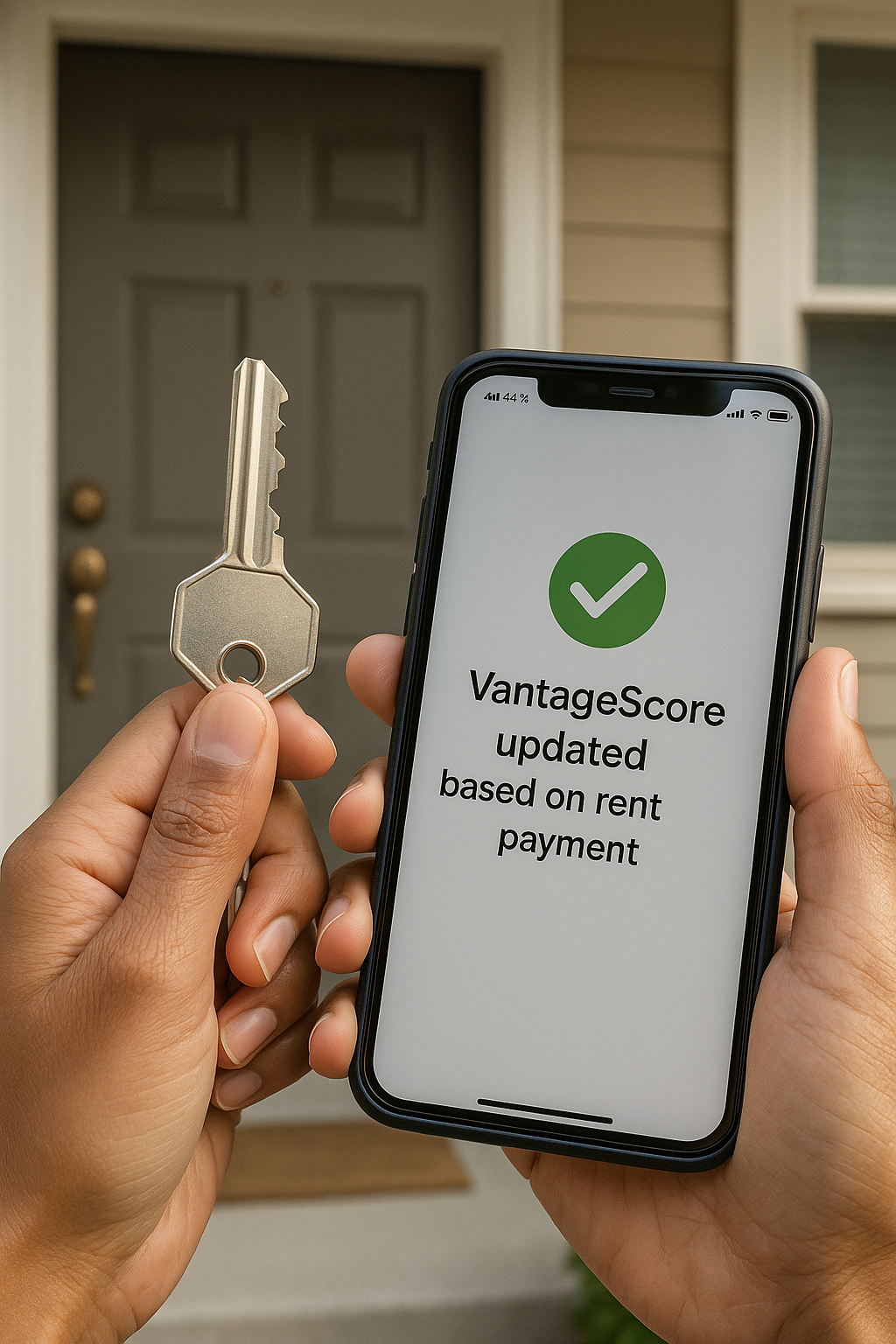
Welcome, familia.
Starting out in your professional life and navigating personal finance in the U.S. is a hustle. We hear it all the time from our parents and elders: “Watch your credit score!” But what is a good score when you’re just getting started? And how does our experience as young Latinos in the U.S. fit into this picture?
You are not alone if your score feels lower than you expected. When you are new to building credit, a lower score is often the norm. But let’s look at the bigger financial landscape. Credit is everything here and it affects the rent you pay, the car loan interest rate you get, and even your insurance premiums. Mastering it is not just smart; it is essential for building nuestro future.
Where Do We Stand? Understanding the Average
Banks and lenders know that building a strong credit history takes time. That’s why the average scores vary significantly by age. For those of us in the Gen Z (ages 18-26) and Millennial (ages 27-42) age groups, our average scores reflect that we’re still accumulating history and managing debt from school or early purchases.
| Generation (Age) | Average FICO Score (Q3 2023) |
| Silent Generation (78+) | 760 |
| Baby Boomers (59-77) | 745 |
| Generation X (43-58) | 709 |
| Millennials (27-42) | 690 |
| Generation Z (18-26) | 680 |
(Source: Experian’s State of Credit Report Q3 2023)
If you are in the 680-690 range, you’re tracking with your peers. But let’s aim higher! A score of 740 and above is considered Very Good (FICO), which unlocks the best rates and easiest approvals.
The Latino Credit Story
Our community often faces unique financial barriers, sometimes starting with little or no established credit history in the U.S. Yet, our financial presence is undeniable.
Consider this data: Latinos are establishing credit faster than the general population. Between 2012 and 2022, the share of credit-eligible U.S. Latinos who held credit grew from 67% to 80% (Federal Reserve Bank of New York – “Latinos and Credit Access”). This shows that we are actively engaging with the U.S. financial system and building our profiles.
This growth is our momentum. We are building credit, and now we must focus on building excellent credit.
Your Financial Game Plan: Simple Steps to Boost Your Score
Improving your credit is not a mystery; it’s a commitment to a few consistent, smart financial habits. Focus on these two key areas, they make up the largest parts of your credit score (35% and 30%, respectively, of the FICO model).
1. Pay Your Bills on Time (The Most Important Step)
Why it matters: Your payment history is 35% of your score. Lenders want to know you pay what you owe, every time.
- Action: Set up auto-pay for your credit card and loans to avoid accidental late payments. Even one 30-day late payment can drop your score significantly.
2. Keep Your Credit Utilization Low
Why it matters: This is the amount of credit you use compared to your total available credit limit, and it accounts for 30% of your score.
- Action: Try to keep your utilization below 30%. For instance, if your credit limit is $1,000, don’t let your balance go over $300. The lower you keep it (ideally under 10%), the better. Pay down your balance before the statement date if you can.
Other Key Habits for a Stronger Profile:
- Don’t close old accounts: The length of your credit history matters. Keeping older, established accounts open (even if you don’t use them often) helps your score.
- Avoid opening too many new accounts at once: New accounts lower your average age of credit and trigger a hard inquiry, which can temporarily ding your score.
- Maintain a low debt balance: While credit mix (different types of loans) helps, keeping your overall debt low and manageable is the simplest way to maintain a healthy score.
Remember, building a great credit score is a marathon, not a sprint. Every on-time payment and low balance helps build our financial strength for years to come.
👉 Ask Gabi anything, anytime.
Stay tuned! We got you!








